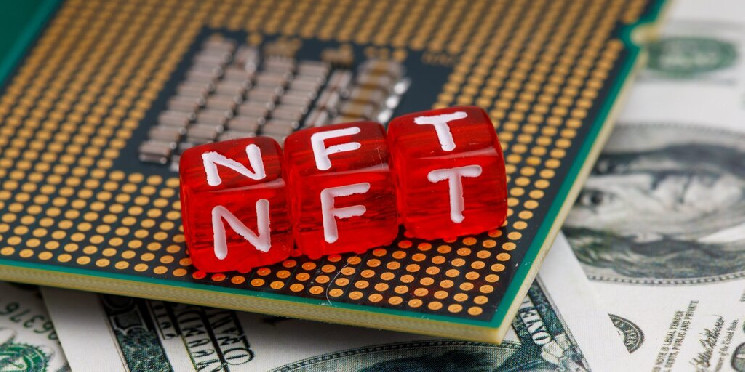NFT
A pair of former executives from League of Legends maker Riot Games have raised $55 million in Series A funding for a new game studio called The Believer Company. But despite being backed by firms that are prominent in the Web3 world, Believer is saying “no fucking thanks” to NFTs.
The Series A round was led by Lightspeed Ventures and supported by Andreessen Horowitz, both major investors in Web3 startups. The all-star funding round was further bolstered by Riot Games itself, along with former Disney CEO Michael Eisner’s Tornante Company and gaming/esports-centric VC fund Bitkraft Ventures.
In today’s announcement, The Believer Company co-founder and Chief Product Officer Steven Snow made a biting allusion to the online joke among NFT haters that the acronym actually stands for “no fucking thanks”—rather than “non-fungible token.”
Former Metamask Lead Releases HyperPlay Web3 Game Launcher
“It is our privilege to have the opportunity to help shape the future responsibly,” Snow said. “And we are excited to say ‘no fucking thanks’ to the technologies that won’t make the game more fun.”
If that wasn’t clear enough, Snow laid it out plainly in an interview with TechCrunch posted this morning.
“We say ‘no fucking thanks’ to NFTs,” Snow said. “These technologies are struggling in games because players aren’t asking for them, and no one as of yet has shown how they can make a game more fun. I believe games are supposed to be fun. We’re not here to meme on tech that won’t enrich the industry for anyone, let alone players.”
Even so, Snow added that the company hasn’t completely sworn off Web3 forever, but he believes that “more R&D needs to happen” before Believer would consider implementing the tech into a game.
A company representative expanded on that thought in an email to Decrypt, noting that Web3 inclusion “is not a priority consideration right now.”
Snow and co-founder and CEO Michael Chow did not respond to Decrypt’s requests for comment.
The Believer Company has yet to announce its first game, but said that it will use its freshly-acquired funds to develop a “next-generation open-world game” based around an original IP, according to a statement.

